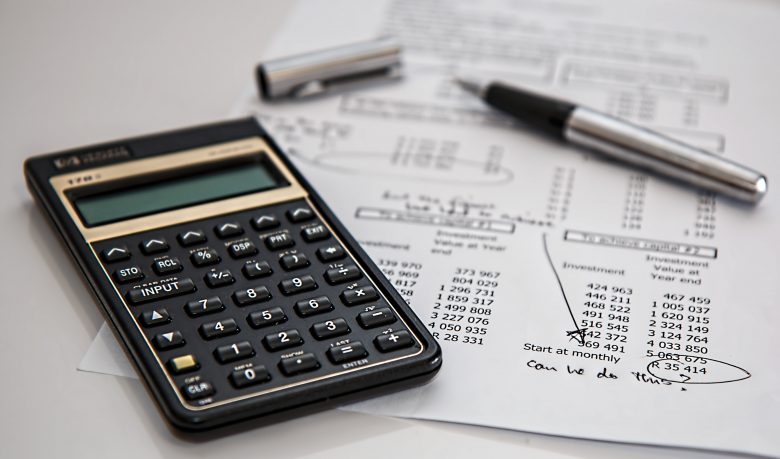Like it or not, our financial position has a big impact on the lifestyle we can live, the future we can plan for, and our retirement prospects as we approach the end of our career. Having said that, there are important decisions we can make along the way, that can alleviate stress about money, and help us save better and have more financial freedom in the future. That’s why, SRG has compiled this list of 9 things everyone needs to know about money.
Have an Emergency Fund
As a good practice, it’s important to have money saved in case of emergencies. The amount of money you should save is debatable, but it is usually advised to be between 3 to 6 months’ worth of your salary. This was you can ensure you can continue to pay bills and make payments in case unexpected costs arise.
Don’t Forget About Inflation
On average, economists estimate the rate of inflation to be around 3%. This means that, although your money may be accruing interest in the bank, your money won’t go as far as it once would have, when it comes time to spend. When forecasting for your financial future, don’t forget to factor in the rate of inflation, to make sure you have a real understanding of how much money you’ll have, and how much you’ll need.
Save 20x Your Income for Retirement
As a general rule, to properly prepare for your retirement, it’s important to put away 20 times your annual income, in order to cover costs for the years when you are not working.
Avoid Paying Interest on Anything that Loses Value
Before taking out a loan for an item, consider the value the item will hold when you’re finished paying it off. In the case of a mortgage, most properties increase in value, meaning that you will still earn money off the investment, even taking into consideration the interest you are paying on the loan. However, this may not be the case for all purchases that require a loan. Make sure you consider the future-value to better understand if you are making a smart financial decision before going into debt.
Should You Buy a New or Used Car?
Some financial planners say, depending on your individual circumstances, that it may be better to purchase a used car OR buy a new car and use it for ten years, in order to ensure you earn back your investment on the vehicle.
Be Strict with Your Retirement Savings
Never touch your retirement savings, except when it comes to paying for retirement.
The 20% Rule
If you’re looking to buy a house, it is advised to put 20% of the cost down. This can help you determine if the houses you are looking for are in your price range, or if you’re at risk of taking on too much debt.
Pay Cash
If you’re not willing to pay cash for it, then it doesn’t make sense to buy it on credit. Remember this especially when making purchases that may feel like “need” but in fact, turn out to really just be “wants”.
Bank a Raise
A good way to avoid lifestyle inflation is to continue to live paycheck to paycheck, even after receiving a raise at work. This way you will ensure your day to day costs don’t increase exponentially with your income, so that you can allocate more of your money to your savings account.
SRG Finance has been helping Australians since 2005. We provide personal loans, cash advance loans, and secured loans to Australian residents across the country. For more information about how to apply, call us to get started: 1300 774 562.


